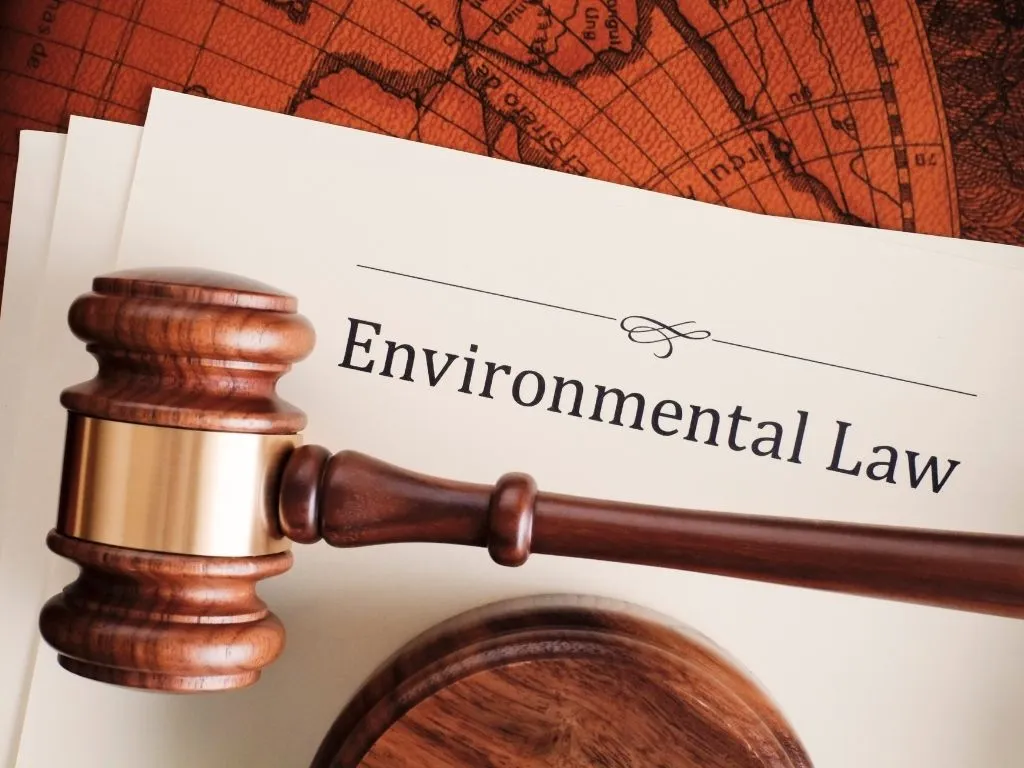News Details

South Africa Strengthens Chemical Trade Regulations: New Framework Aligns with Rotterdam Convention and Prior Informed Consent Procedures
On 7 October 2024, the South African Minister of Forestry, Fisheries and the Environment (DFFE) introduced new regulations aimed at creating a national framework for compliance with the Rotterdam Convention. These regulations specifically address the Prior Informed Consent (PIC) procedure, which requires countries to be informed and consent before hazardous chemicals are traded internationally.
Department of Forestry, Fisheries and the Environment
The DFFE is dedicated to ensuring that all South Africans have the right to a healthy environment. Focusing on sustainability and conservation, the DFFE leads efforts in responsible environmental management, protecting resources for present and future generations. Through these initiatives, the Department aims to promote the wellbeing of communities while contributing to global environmental protection.
New National Regulations for Trade in Hazardous Chemicals under the Rotterdam Convention
The National Environmental Management Act (Act No. 107 of 1998) empowers the South African government (DFFE) to regulate the trade of certain chemicals. The new regulations create an appropriate regulatory framework, outlining general prohibitions, notification procedures for chemical commerce, record keeping, and reporting requirements.
Key Points on New National Regulations for Hazardous Chemicals Trade
Scope: The regulations apply to chemicals subject to notification under the Rotterdam Convention, covering general prohibitions, notification procedures, record keeping, and reporting.
Application: The regulations apply to chemicals that are banned or severely restricted as listed in Annexure I.
Purpose of the Regulations:
-
To implement the provisions of the Rotterdam Convention for hazardous chemicals and pesticides in international trade.
-
To outline the Prior Informed Consent (PIC) procedure for chemicals listed in Annexure I.
-
To promote cooperation in the international movement of chemicals to protect human health and the environment.
-
To facilitate the exchange of information on the safe use of chemicals and ensure international communication of import/export decisions.
-
Exempt chemicals not exceeding 10 kg per year, per country, per chemical.
Notification Process:
-
Notification Requirement: Importers must notify South African authorities annually of imports from Annexure I, including a Safety Data Sheet (SDS).
-
Documentation: The authorities may request additional documentation after receiving the export notification.
-
Export Notification Form: Complete the official form from Annexure II with the required information.
-
Acknowledgment: The authorities will acknowledge receipt within 10 working days.
-
Processing and Decision Making: Authorities will review notifications and decide whether to grant or deny consent based on the validity of licenses or permits.
Record Keeping and Reporting:
-
Keep detailed records of quantities, sources, intended use and import/export dates for at least five years.
-
Provide personal and contact details for intended use where applicable.
-
Submit actual amounts imported or exported and customs documents by the end of March each year.
Penalties for non-compliance :
-
Non-compliance with specific regulations can lead to fines of up to 5 million Rand for first offences and penalties of up to 10 million Rand or imprisonment for subsequent offences.
Updating of Annexure: Annexure I will be reviewed every two years to align with the Rotterdam Convention.
Information of Transmission: The South African Designated National Authority (DNA) must inform the Rotterdam Convention Secretariat of any new regulatory actions within 60 days.
Repeal of Laws: Previous regulations are repealed, with the new “Prior Informed Consent Procedure Regulations, 2024” taking effect 120 days after publication.
Prohibition: No import or export of Annexure I chemicals without prior consent under these regulations.
Annexes:
-
Annexure I: List of chemicals requiring notification.
-
Annexure II: Rotterdam Convention export notification form.
Conclusion
These new regulations for hazardous chemicals trade represent a significant step towards aligning South Africa's practices with the Rotterdam Convention. By establishing a comprehensive framework for notification, record keeping, and compliance, the DFFE aims to enhance the protection of the environment and public health. These regulations will promote responsible trade in chemicals and ensure that both domestic and international stakeholders are informed and involved in decision-making processes.
We acknowledge that the above information has been compiled from South African Government.

 Twitter
Twitter
